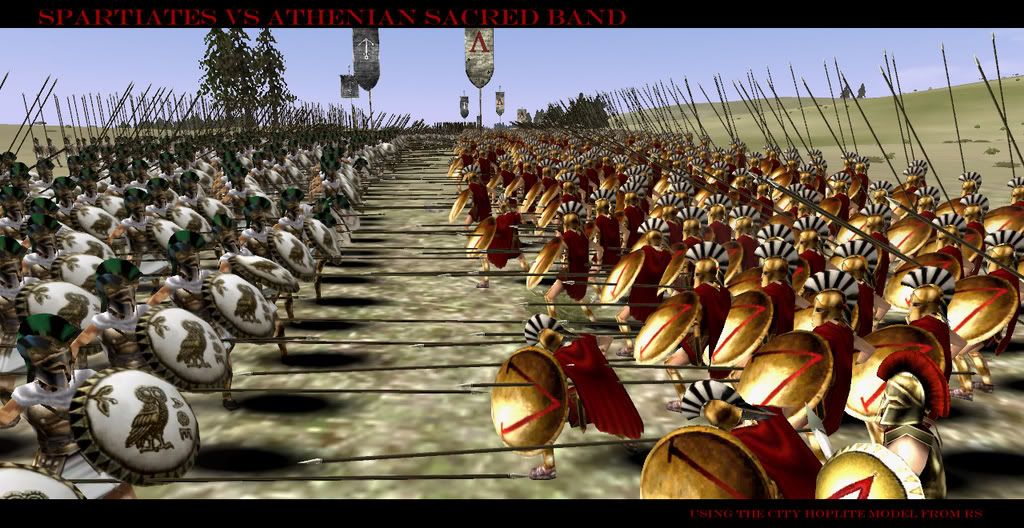History
Rhetoric
As I read Pericles’
speech I couldn’t help but reflect upon the Kairos of the situation. As Adam points out, Athens was at war with
Sparta and this was the first burial ceremony of the war. As a general,
Pericles knows ceremony like this can weaken or strengthen the people’s support
for the war. Pericles decides to do something a little out of the ordinary and change the decorum of his speech.
Like Thomas points out, he shifts the focus from
the fallen soldiers and focuses the audience on the cause which these soldiers
died for, Athens. Through his speech he personifies Athens with humanlike
qualities founded upon virtues, hard work and sacrifice of the Athenians, he
urges the Athenians to “fix your eyes every day on the greatness of Athens as
she really is, and should fall in love with her “. Pericles helps the citizens
to understand that Athens is embodied in each and every one of them, thus
creating a sense of loyalty and responsibility.
Philosophy
As Thomas concluded, the speech as ideals
flowing into all three groups of philosophy. As I read and reread parts of
Pericles speech I think Socrates would have agreed with many of his views.
Pericles obviously believes that there is a right and a wrong, that there
exists both good and bad. In one part of his speech he declares that the fallen
“have blotted out evil with good”. He also embodies that there are attributes
that are superior than others, namely natural courage vs state inspired
courage. Lastly Pericles brings up sacrificing lesser desires for greater
desires when he complements the warriors for “more than [desiring] such things
[as wealth] they chose to check the enemy’s pride. This, to them, was a risk
most glorious, and they accepted it, willing to strike down the enemy and
relinquish everything else (all lesser desires).”

Your comment about natural courage and inspired courage got me thinking... Pericles praises his audience for having natural courage and yet he is giving them courage by doing so, thus inspiring courage. I wonder if this can be credited to rhetorical irony or if it is like the story in the Book of Mormon where Alma tells the people that it is better to not have to be compelled to be humble.
ReplyDelete